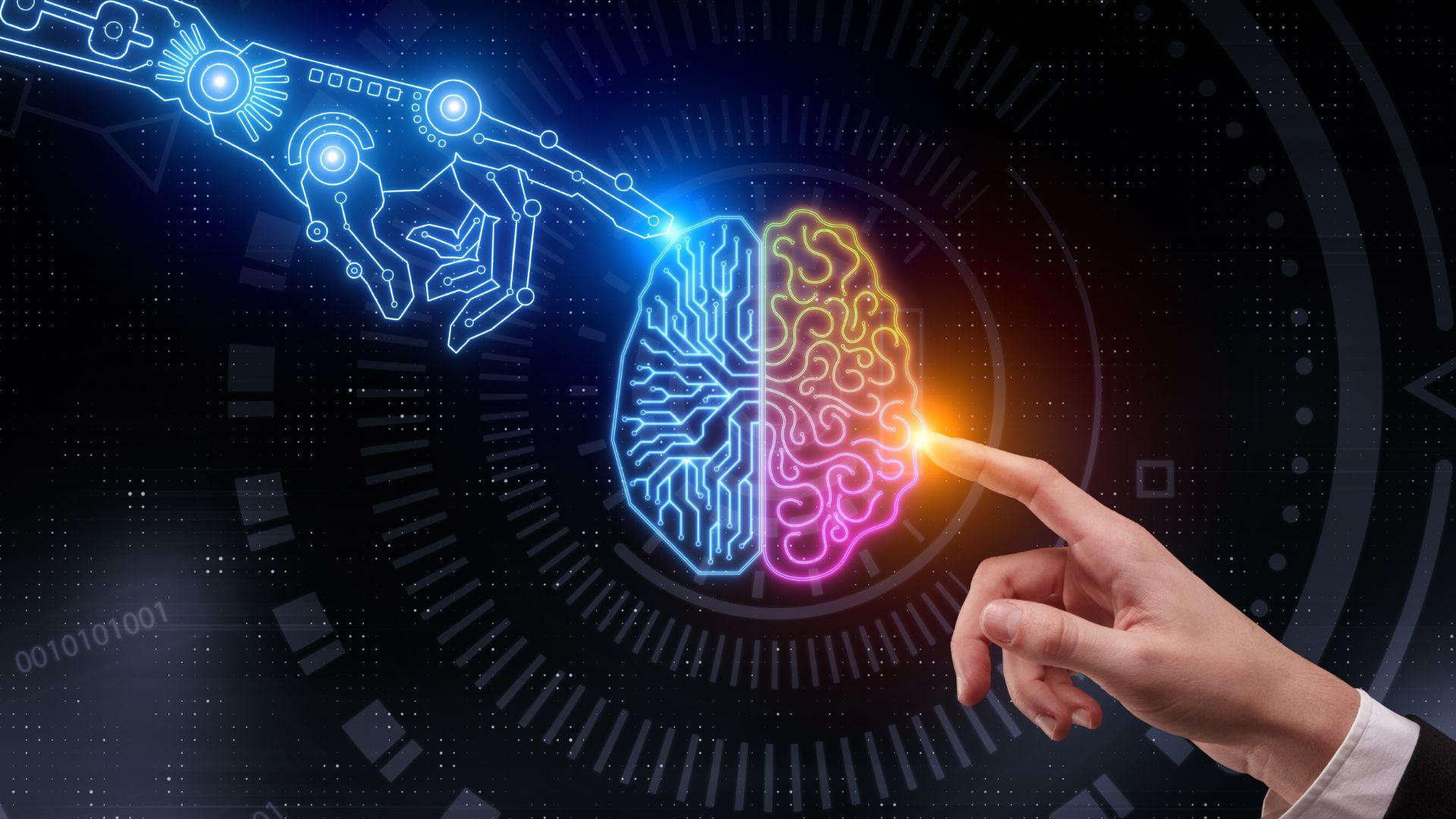AI and the Future of educational Research: transforming Insights, Methods, and Outcomes
Introduction
Artificial Intelligence (AI) is no longer a futuristic concept—it’s a powerful tool actively reshaping the landscape of educational research. With advanced algorithms, machine learning, and data analytics, AI is transforming how researchers collect data, analyze results, and implement findings. As institutions and educators strive for improved student outcomes and evidence-based policies, understanding the impact of AI on educational research is essential. In this article, we’ll explore the benefits, practical applications, real-world case studies, and future implications of integrating AI into educational research.
How AI Is Transforming Educational Research
Educational research is the backbone of progress in teaching methods, curriculum design, and policy formation. here’s how AI is driving innovation in this sector:
- Enhanced Data Analysis: AI simplifies the analysis of massive datasets, uncovering patterns and correlations that human researchers might overlook.
- Predictive Modeling: Machine learning algorithms can forecast student performance, personalize learning experiences, and identify at-risk students early.
- Automated Data Collection: Natural language processing (NLP) and computer vision streamline surveys, interviews, and classroom observations.
- Adaptive Assessment: AI-driven assessments provide timely feedback, allowing researchers and educators to modify instructional approaches in real-time.
- bias Reduction: Smart algorithms can help mitigate human biases in research by standardizing data handling and analysis processes.
key AI-Driven Methods in educational research
Let’s dive deeper into the specific AI methodologies revolutionizing educational research:
1. Machine Learning for Pattern Recognition
By training algorithms on large educational datasets, researchers can identify complex patterns in student behaviour, engagement, and achievement. For example, machine learning can detect subtle predictors of academic success well before traditional methods.
2. Natural Language Processing (NLP)
NLP enables automatic analysis of textual data such as student essays, discussion forums, and feedback forms. This allows researchers to quantify sentiment, measure engagement, and track learning progression more efficiently.
3.Predictive Analytics
AI-powered predictive analytics inform interventions by identifying learners who may need additional support. These models leverage historical data to forecast future challenges, tailoring recommendations for individual students or groups.
4.Smart Tutoring Systems
These systems use AI to personalize instruction, assess learning, and provide instant feedback. Researchers study thier effectiveness using data collected automatically, enhancing the real-world impact of their findings.
Case Studies: AI in Action
Stanford University’s Learning Analytics Project
stanford researchers used AI-driven analytics to evaluate learning patterns among thousands of students. The project identified which instructional videos and resources led to the highest engagement, guiding future content advancement and personalized strategies.
Georgia State University’s Predictive success
By implementing machine learning models, Georgia State University significantly boosted student retention rates. algorithms detected early warning signs of disengagement, allowing advisors to intervene with tailored support, resulting in measurable improvements in graduation rates.
AI-based Feedback in Online Courses
Several online learning platforms employ NLP to analyze student-submitted work in real time.Automated feedback systems not only accelerate grading but also adapt responses to individual learning needs,enhancing efficacy and satisfaction.
Top Benefits of AI in Educational Research
- Efficiency: AI automates time-consuming tasks,freeing researchers to focus on interpretation and innovation.
- Scalability: Analyze data from thousands or even millions of learners with ease.
- Accuracy: Advanced algorithms reduce human error, improving the reliability of research outcomes.
- Personalization: AI tailors both intervention strategies and learning analytics to meet diverse needs.
- Continuous Improvement: Dynamic data streams enable ongoing refinement of research design and educational practices.
Practical Tips for Integrating AI into Educational Research
- Start Small: Begin with pilot programs using AI tools for data analysis before scaling up.
- Collaborate: Partner with data scientists and AI specialists to maximize expertise.
- Ensure Privacy: Use robust data protection and ethical guidelines, especially when handling sensitive student information.
- Evaluate Impact: Monitor both short- and long-term effects of AI integration to refine your methodologies.
- Stay Informed: Keep current with advances in educational AI to make use of the latest tools and best practices.
First-Hand Experiences: Researchers Share Their Stories
“Incorporating AI into our survey analysis cut our research time in half. instead of spending weeks coding responses,machine learning clustered and categorized themes with remarkable accuracy. This allowed us to focus on deeper interpretation and publish findings faster.” — Dr. Sara Kim, Educational Researcher
“Deploying AI-powered predictive models in our classroom studies revealed engagement factors we had missed for years. Now, our interventions are data-driven and the student success rate has soared.” — John Liu, Learning Analytics Specialist
Challenges and Future Directions
While the benefits of AI in educational research are impressive, there are notable challenges:
- data Privacy: Ensuring student confidentiality and ethical use of AI remains a top priority.
- Algorithmic Bias: AI might perpetuate existing biases if not carefully monitored.
- Training & expertise: Researchers must develop new skills to fully leverage AI-powered platforms.
The future looks shining. As technology advances, expect even deeper insights, more robust methodologies, and broader accessibility. The collaboration between AI developers, educators, and researchers will shape a new era for educational research, creating data-driven strategies that genuinely enhance teaching and learning outcomes.
Conclusion
AI and educational research are converging in ways that promise unprecedented improvements in how we uncover insights,design interventions,and drive educational success. From streamlined data analysis to personalized learning and predictive outcomes, artificial intelligence is not just a tool—but a transformative force in advancing research methodologies and student achievement. For researchers and institutions ready to embrace change, the integration of AI offers efficiency, accuracy, and scalability that will redefine the future of education. Stay curious,stay collaborative,and let AI propel your educational research into new frontiers.

